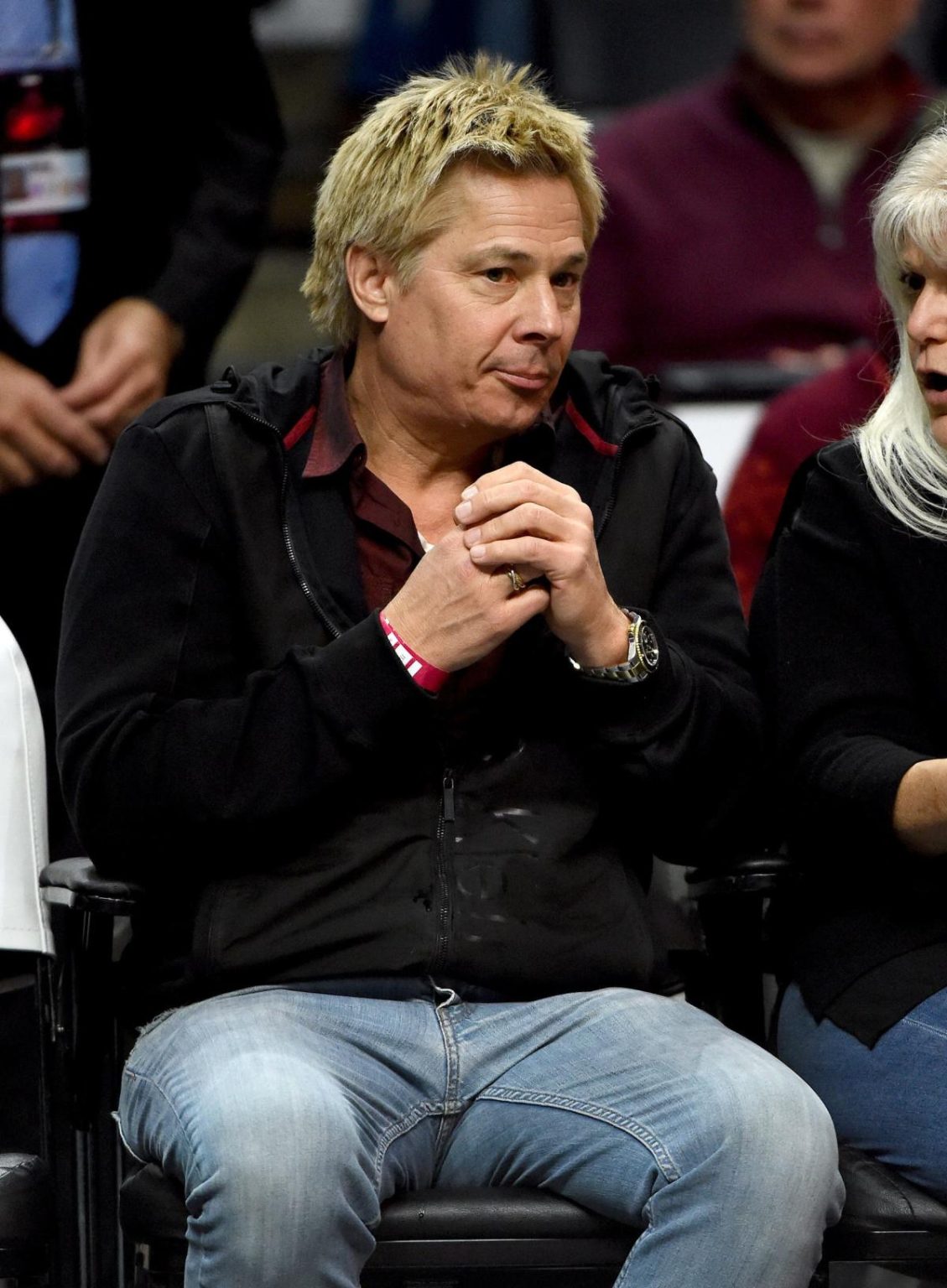Kato Kaelin, who gained fame for his role in the O.J. Simpson murder trial, expressed his belief that Simpson was guilty of the murders of Nicole Brown Simpson and Ron Goldman. Kaelin also pondered whether Simpson had truly repented for his actions before his death from prostate cancer at the age of 76. He spoke about his own beliefs in heaven and hell and hopes that Simpson had faced his wrongdoing before passing. Kaelin described Simpson’s death as closure for himself and others involved in the case, but acknowledged that the pain inflicted on the victims’ families would continue.
Reflecting on the trial, Kaelin shared the emotional toll it took on him and his family. He noted that the attention he received was a “double-edged sword”, as he was subject to ridicule and negative portrayals in the media. Despite the negative impact, Kaelin has strived to move past the association with the trial and use his platform to make a positive impact on others. He has not forgotten the tragic deaths of Nicole Brown Simpson and Ron Goldman and expressed sympathy for their families in the wake of Simpson’s passing.
In a video statement posted after learning of Simpson’s death, Kaelin expressed compassion for the victims’ families, particularly Nicole Brown Simpson’s children. He emphasized the brightness and positive nature of Nicole, highlighting her as a “beacon of light” and expressing a desire for her to be remembered in a positive light. Kaelin acknowledged the pain and suffering caused by Simpson’s actions, particularly the impact on the families involved in the case.
Despite the closure that Simpson’s death brings to Kaelin and others connected to the trial, the lasting impact of the murders on the victims’ families is acknowledged. Kaelin expressed empathy for the ongoing pain that the Brown and Goldman families continue to endure as a result of Simpson’s actions. He addressed the complexities of fame and notoriety that came with his involvement in the trial, emphasizing the negative consequences and personal struggles that came with being thrust into the spotlight.
Looking back on the high-profile trial that captivated the nation, Kaelin remembered his mother’s emotional response to the negative portrayal of her son in the media. He described being labeled as a “dummy, freeloader, and pariah” during that time, and the challenges he faced in trying to present his side of the story amidst the public ridicule. Despite the difficulties, Kaelin has sought to rise above the negativity and use his experiences to bring about positive change in the lives of others. He has not forgotten the tragic circumstances that brought him into the public eye and remains committed to honoring the memory of the victims of the case.


